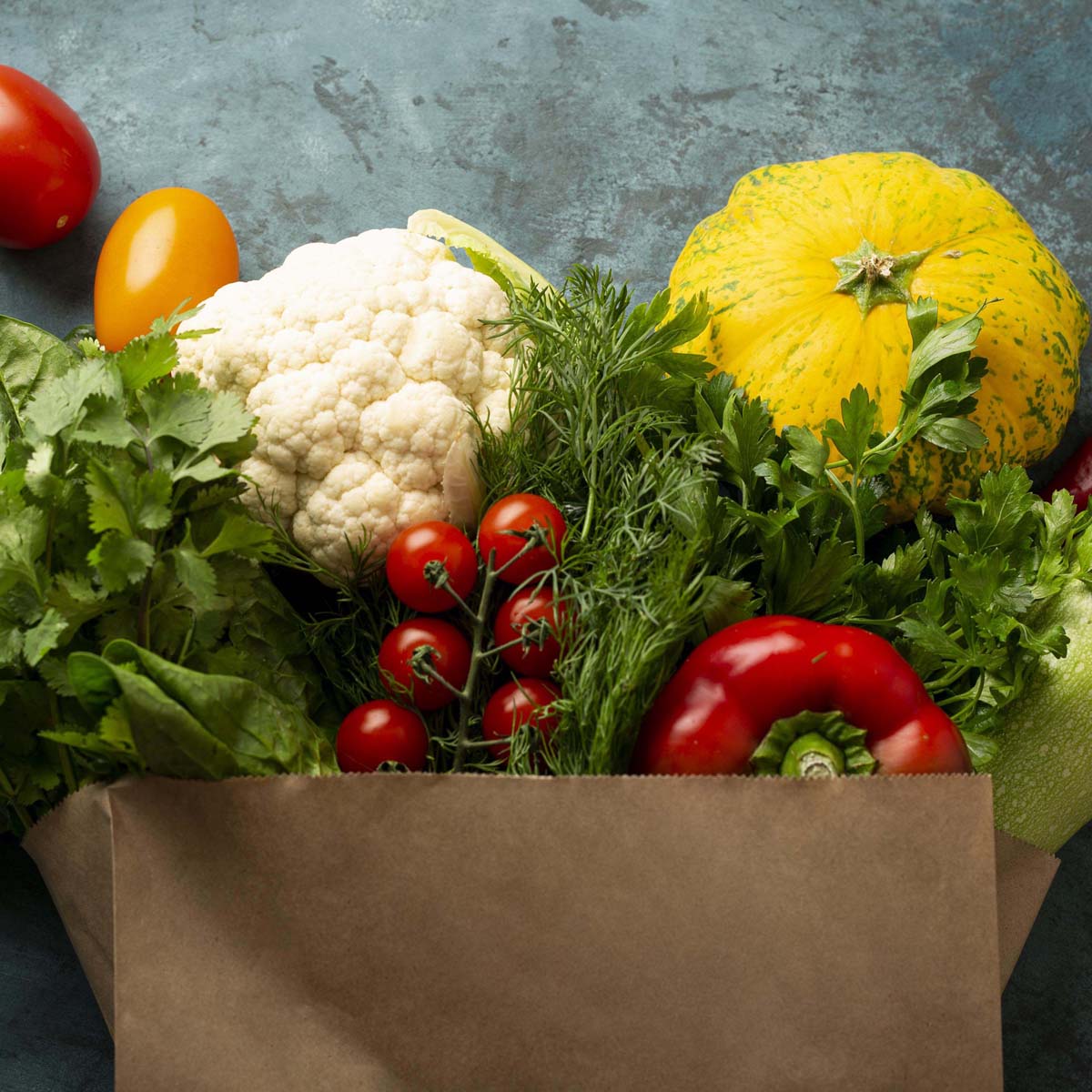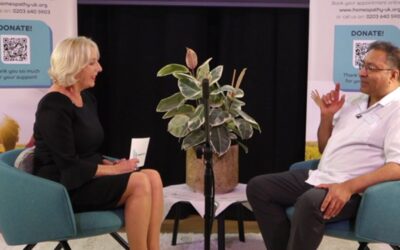There are many things we can do in our everyday lives to make a positive difference to the planet. Here are our top tips on how to live greener
In November 2021, world leaders met at the UN Climate Change Conference of the Parties (COP26) in Glasgow to devise measures countries can take to tackle climate change and prevent global temperatures from rising to unsafe levels. But there are some things we can all do in our everyday lives to make a positive difference to the planet. This is a simple blog offering some guidance on how to live greener.
- Eat more plants!
Eating more plant-based foods isn’t just good for your health – it’s great for the planet as well. A study in 2021 found that the production of meat worldwide causes twice the amount of pollution than the production of plant-based alternatives. The increasing popularity of veganism over the last few years has created a boom in new products, with supermarkets and restaurants now offering good options for non-meat eaters. There is also a wealth of recipes and tips available online – try www.veganuary.com. And when you do buy meat, make sure it is locally-produced and has been farmed sustainably.
- Buy your clothes responsibly
The production of new clothes is a carbon-intensive process. According to estimates, the global fashion industry is responsible for up to 10% of all global carbon emissions and almost 20% of all waste water. If you are looking for how to live greener, make sure you research what you’re buying and avoid fast fashion. For new clothes, organic cotton is one option. It’s produced without harmful chemicals and emits 46% less carbon dioxide (CO2) than conventional cotton processes. But the best clothing for the environment is second-hand and vintage, so make use of your local charity shops!
- Change your bank account
Is your bank investing in fossil fuel projects? It’s worth looking into. From 2018-20, five of the UK’s biggest banks invested almost £40.4bn in the coal industry. Many have since bowed to pressure and vowed to reduce their fossil fuels’ financing. But this hasn’t stopped the practice completely as some banks are using loopholes to avoid committing to net-zero targets. Changing accounts can be a hassle, but big banks will notice if enough customers leave them for more ethical rivals.
- Use public transport – or buy an electric car
Taking public transport is one of the easiest ways to reduce your carbon footprint and is a great step for those wanting to know how to live greener. Of all the modes of public transport, rail is by far the greenest. Many cities have buses that run on hybrid fuels and electric power. If you have to use a car, consider switching to an electric vehicle. There are various finance options to avoid high upfront costs, including a government grant of up to £1,500 on selected models. You can charge the vehicle on your driveway, and the number of public charge points is increasing all the time.
- Walk shorter distances instead of driving
It can be tempting to jump in your car to travel short distances, especially during the cold winter months. But walking is the easiest way to save unnecessary carbon emissions and it’s also a good opportunity to get in some steps! Evidence suggests that just 10 minutes of brisk walking is enough to do you good. And, if you have a health condition, such as high blood pressure, diabetes or lower back pain, a daily brisk walk can also help with the management of your condition.
- Buy local produce
One of the simplest ways to cut carbon emissions from food is to buy local produce. Instead of buying fruit and veg grown on the other side of the world, find out what’s growing in your area and support local businesses. The pandemic has led to a rise in community farms and local deliveries, so do some research and find out what’s available near you. Local produce will almost certainly be fresher and tastier than the supermarket equivalent as it will have spent less time in storage and transit.
- Avoid single-use plastics
Single-use plastics are a significant contributor to the world’s plastic problem. Many of these items are never recycled. But the easiest way to reduce their use is to avoid buying products packaged in single-use plastics in the first place. Some ideas to get you started include using a refillable water bottle, and buying loose fruit and veg wherever possible. Many stores offer refillable options for foods such as pasta and cereal, along with trials for certain drinks.
- Write a shopping list
A shopping list might seem old-fashioned, but planning what you’re going to eat for the week ahead really helps to avoid food waste – and can save you money at the same time! Before you go to the shops, plan your daily meals so you only buy what you need. Consider cooking in bulk, too – make a big pot of something and put it into containers for future meals. By planning your meals carefully, you’ll find that you’re less likely to throw food away, and you’ll save time and money in the process.
- Wash your clothes only when you have to
Washing machines use a lot of water and energy – even the most energy-efficient models. So, ask yourself: does this item really need washing? Obviously, underwear can only be worn once before needing a wash, but items such as jumpers and jeans can usually go much longer between washes. And, when you do a clothes wash, make sure it’s a full load in the machine and you set the temperature to 30°C.
- Buy energy-efficient appliances
If you need to buy a new appliance, double check that what you’re buying has the highest rating for energy efficiency. This information should be readily available, but searching online for the appliance with the best energy rating is definitely worth doing. And, if you’re getting rid of an appliance, see if there’s anywhere it can be recycled as there’s a possibility that some components can be reused – which will reduce what goes into landfill!
- How to live greener? – Use homeopathy!
A recent report highlighted the pollution of the world’s rivers caused by toxic pharmaceutical residues. Even the River Dee which flows through Balmoral and Royal Deeside, an area of comparatively low population density, was found to contain a cocktail of antibiotics, antidepressants and painkillers. Up to 90% of the pills people take pass straight through the body, with a quarter of a tonne of pharmaceuticals being dumped in the Dee every year. In more populous areas, the figure is much higher. Homeopathy leaves no harmful residues and is both sustainable and environmentally friendly – another reason to use this gentle, effective and economic form of medicine.



